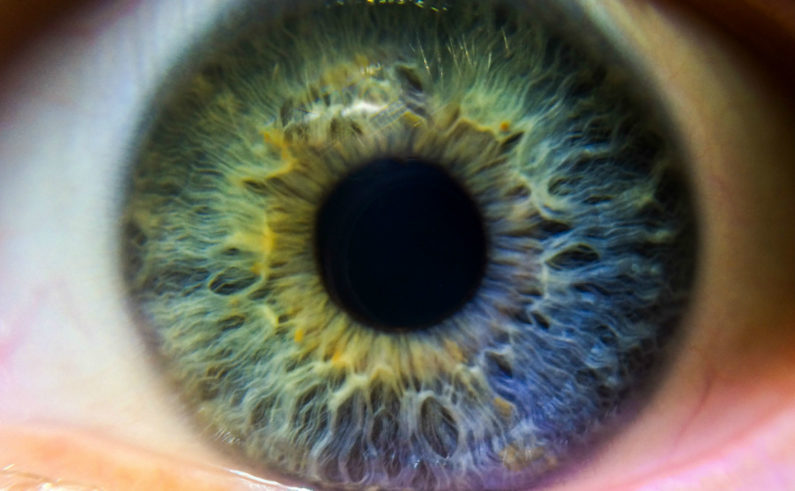Macular degeneration is the most common cause of vision loss in people over 55. This disease causes “light-sensitive cells in the center of the retina to degrade, leading to loss of central vision and the ability to read, drive and recognize faces.”
In a phase 2 clinical trial at UIC College of Medicine they are evaluating the use of cells derived from umbilical cord tissue to treat macular degeneration. Cord tissue contains Mesenchymal Stem Cells (MSCs), which are currently the best therapeutic cells for regenerative medicine related to osteoarticular, muscular, vascular and inflammatory diseases.
This disease can ultimately lead to major vision loss caused by “a breakdown or thinning of the layer of retinal pigment epithelial cells (RPE) in the macula.” RPE cells form a layer just underneath the light-sensitive rod and cone cells of the retina and help nourish and support them. In the trial, cells derived from cord tissue are injected under the retina. The trial is looking to prevent further loss of rod and cone cells, and perhaps even restore vision.
Dr. Yannek Leiderman, assistant professor of ophthalmology at UIC and lead surgeon in the clinical trial, created a special catheter to inject the RPE cells under the retina. He believes if the treatment is successful, “that would mean that we might be able to use it in people with the beginning stages of dry age-related macular degeneration.”
Although this trial still needs to enter and complete Phase 3, the use of cells derived from cord tissue is looking promising in treating macular degeneration.

